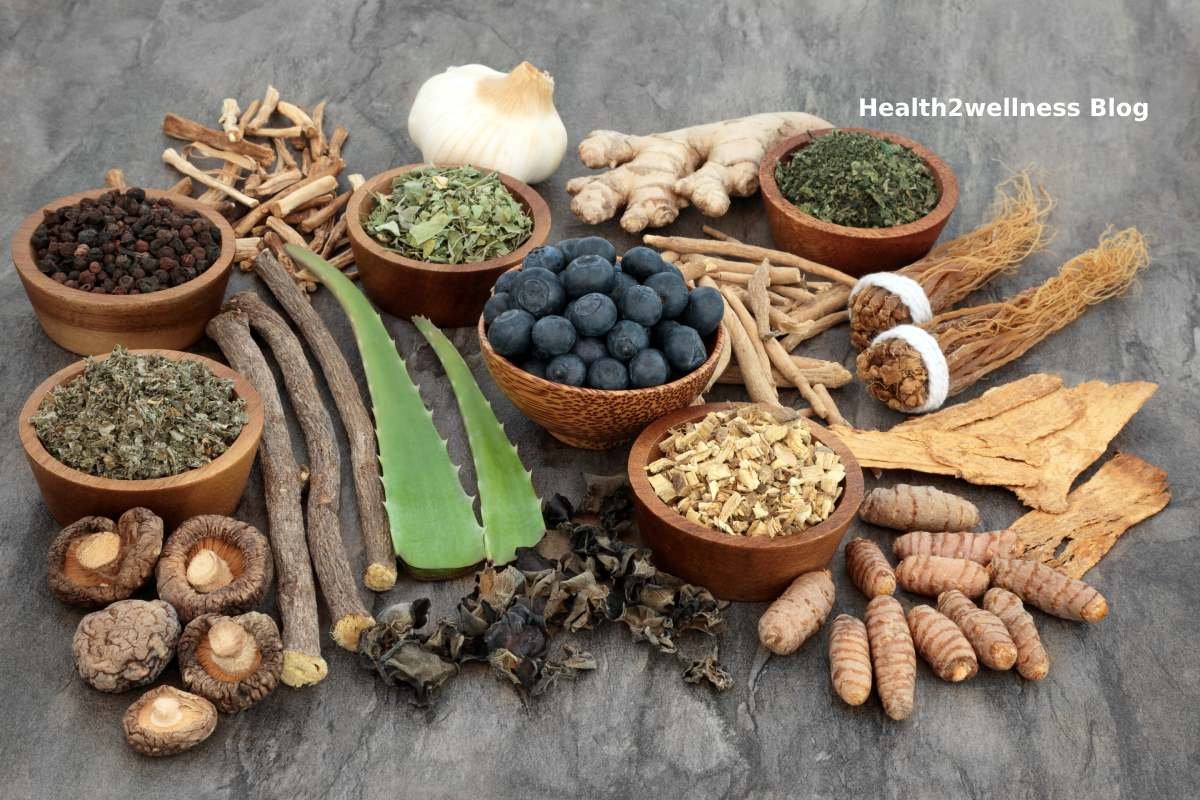10 Must-Know Traditional Herbs and Their Uses
Traditional herbs have been a cornerstone of natural medicine for centuries. These plants offer a wealth of health benefits, ranging from improved digestion to stress relief. If you’re curious about incorporating herbs into your wellness routine, this guide highlights ten must-know herbs and their practical uses.
1. Turmeric
Uses:
Turmeric is renowned for its anti-inflammatory and antioxidant properties. Its active compound, curcumin, is effective for reducing joint pain and improving skin health.
How to Use:
Add turmeric to curries, smoothies, or tea for a daily health boost.
2. Ginger
Uses:
Ginger helps combat nausea, improve digestion, and reduce muscle soreness. It’s also a natural remedy for colds and flu.
How to Use:
Steep ginger slices in hot water for tea or add them to stir-fries and soups.
3. Chamomile
Uses:
Chamomile is famous for its calming effects, making it a go-to herb for better sleep and stress relief.
How to Use:
Brew chamomile tea before bedtime or use chamomile oil in aromatherapy.
4. Peppermint
Uses:
Peppermint soothes digestive issues like bloating and cramps while also improving mental focus.
How to Use:
Drink peppermint tea or use it as an essential oil for a refreshing aroma.

5. Holy Basil (Tulsi)
Uses:
This adaptogenic herb helps reduce stress, regulate blood sugar, and boost immunity.
How to Use:
Sip on tulsi tea or chew fresh leaves for immediate benefits.
6. Lavender
Uses:
Lavender alleviates anxiety, promotes relaxation, and supports skin health.
How to Use:
Use lavender essential oil for massages or add dried flowers to bathwater.
7. Echinacea
Uses:
Echinacea is a powerful immune booster that helps reduce the duration of colds and flu.
How to Use:
Take it as a supplement or brew the leaves and roots into tea.
8. Milk Thistle
Uses:
Milk thistle is widely used for liver detoxification and to improve digestion.
How to Use:
Consume it in capsule form or as a tea to support liver health.
9. Ashwagandha
Uses:
This adaptogen enhances energy levels, reduces stress, and supports better sleep.
How to Use:
Mix ashwagandha powder into milk or smoothies for an easy wellness boost.
10. Rosemary
Uses:
Rosemary improves memory, supports digestion, and has antimicrobial properties.
How to Use:
Incorporate it as a seasoning in dishes or brew it into tea.
Tips for Safe Herb Use
- Consult a professional: Always seek advice before starting a new herb, especially if you’re pregnant or on medication.
- Start small: Introduce herbs gradually to monitor how your body responds.
- Choose quality products: Opt for organic and sustainably sourced herbs.
Conclusion
Traditional herbs offer simple yet powerful ways to improve health and well-being. By incorporating these ten must-know herbs into your daily routine, you can enjoy their incredible benefits while staying connected to nature’s healing power.



